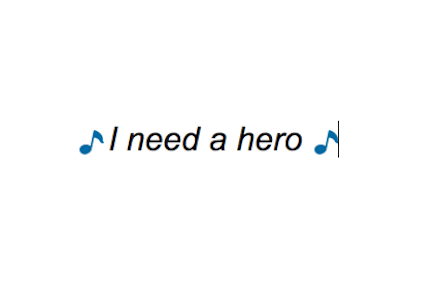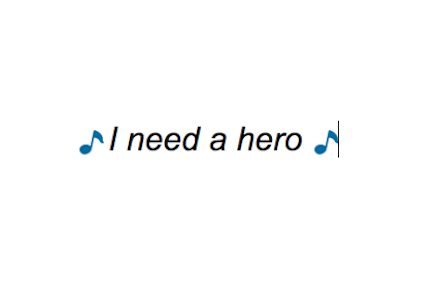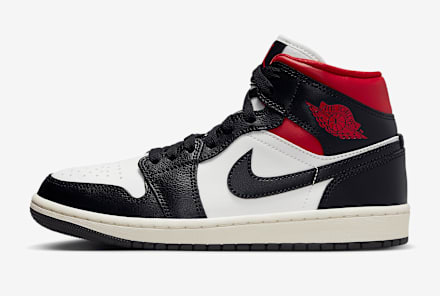Advertisement
Here's How To Tell If Your Kid's Alone Time Is Healthy Or Harmful

When kids learn to entertain themselves, it can come as a bit of a relief at first. Finally, worn-out parents can spend a few uninterrupted minutes cooking dinner or getting some work done! But when you notice your kids spending massive amounts of time playing alone in their rooms or even on the playground, it can cause alarm bells to go off.
What's going on inside your little one's head during all that solo time? And if they're choosing to play alone instead of on the playground, does it mean they're not developing adequate social skills? Here's what the experts have to say:
Remember that kids need alone time too.
If after a long day you're craving some solo time to wind down, that's totally normal. And guess what? It's normal if your kids need that, too. "Much like adults, kids need alone time too and seek it for various reasons," explains child psychologist Bobbi Wegner. "Although there is not one explanation that covers all kids, many children seek alone time after a long day of school or preschool. After working hard to follow the rules and structure, they crave time and space where they are in control and free to create an environment of their liking."
Solo playtime helps with brain development.
When kids play alone for hours, they're not just craving solitude. Those solo minutes or hours are also crucial in helping kids' brains develop. "Depending on their age, children may be figuring out how to make something work, having a conversation with themselves, creating imaginary scenarios, processing things they have experienced, or engaging in problem-solving while playing alone with toys or doing other independent play activities," notes child psychologist Nicole Beurkens. "Their brains are actively involved in using language, understanding relationships, improving visual-spatial skills, problem-solving, and experimenting with ideas and the world around them. Young children may talk to themselves out loud, even engaging in conversations between themselves and an imaginary play partner during solo play."
What if your kids are playing alone on the playground?
While kids playing solo at home can be a welcome break for parents, what if they're playing alone at preschool as well? While this can be a sign of a larger developmental issue, more likely your child is just introverted. Wegner notes that like adults, kids have different temperaments. And if your kids are introverted, it's important to honor that.
"Some kids get energy from being around others, and some re-energize through playing alone," she explains. "In the United States, we prioritize extroversion and often pathologize introverts. As parents and teachers, we must watch out for this. Playing alone more often than not is completely healthy. That said, it is important for all kids to develop positive socialization skills, and parents should help children practice these skills by seeking out one-on-one play dates first and building from there while being cautious to accept your child's temperament as his or her own healthy way of engaging with the world."
If you're still concerned about how much time your child is spending playing on his or her own, or they seem fearful of social interactions, don't hesitate to contact your pediatrician or a child psychologist you trust.
Interested in getting more advice from child psychologists? Here's why this one is begging parents to rethink timeouts.
Watch Next
Enjoy some of our favorite clips from classes
Enjoy some of our favorite clips from classes
What Is Meditation?
Mindfulness/Spirituality | Light Watkins
Box Breathing
Mindfulness/Spirituality | Gwen Dittmar
What Breathwork Can Address
Mindfulness/Spirituality | Gwen Dittmar
The 8 Limbs of Yoga - What is Asana?
Yoga | Caley Alyssa
Two Standing Postures to Open Up Tight Hips
Yoga | Caley Alyssa
How Plants Can Optimize Athletic Performance
Nutrition | Rich Roll
What to Eat Before a Workout
Nutrition | Rich Roll
How Ayurveda Helps Us Navigate Modern Life
Nutrition | Sahara Rose
Messages About Love & Relationships
Love & Relationships | Esther Perel
Love Languages
Love & Relationships | Esther Perel












